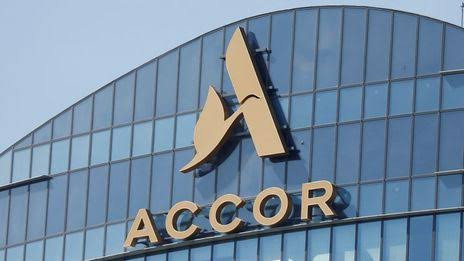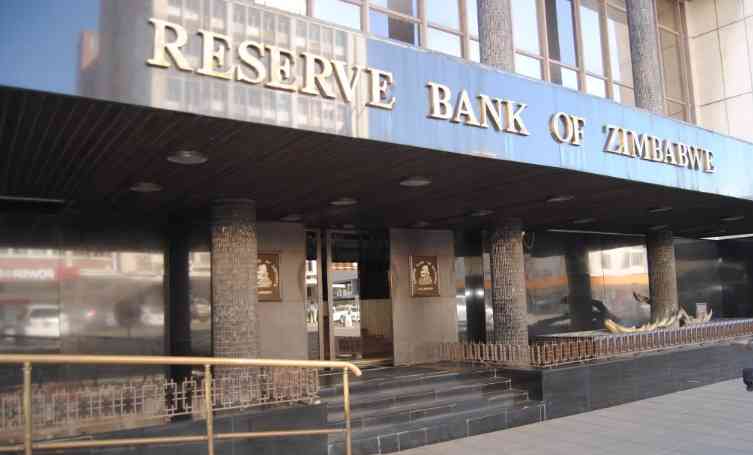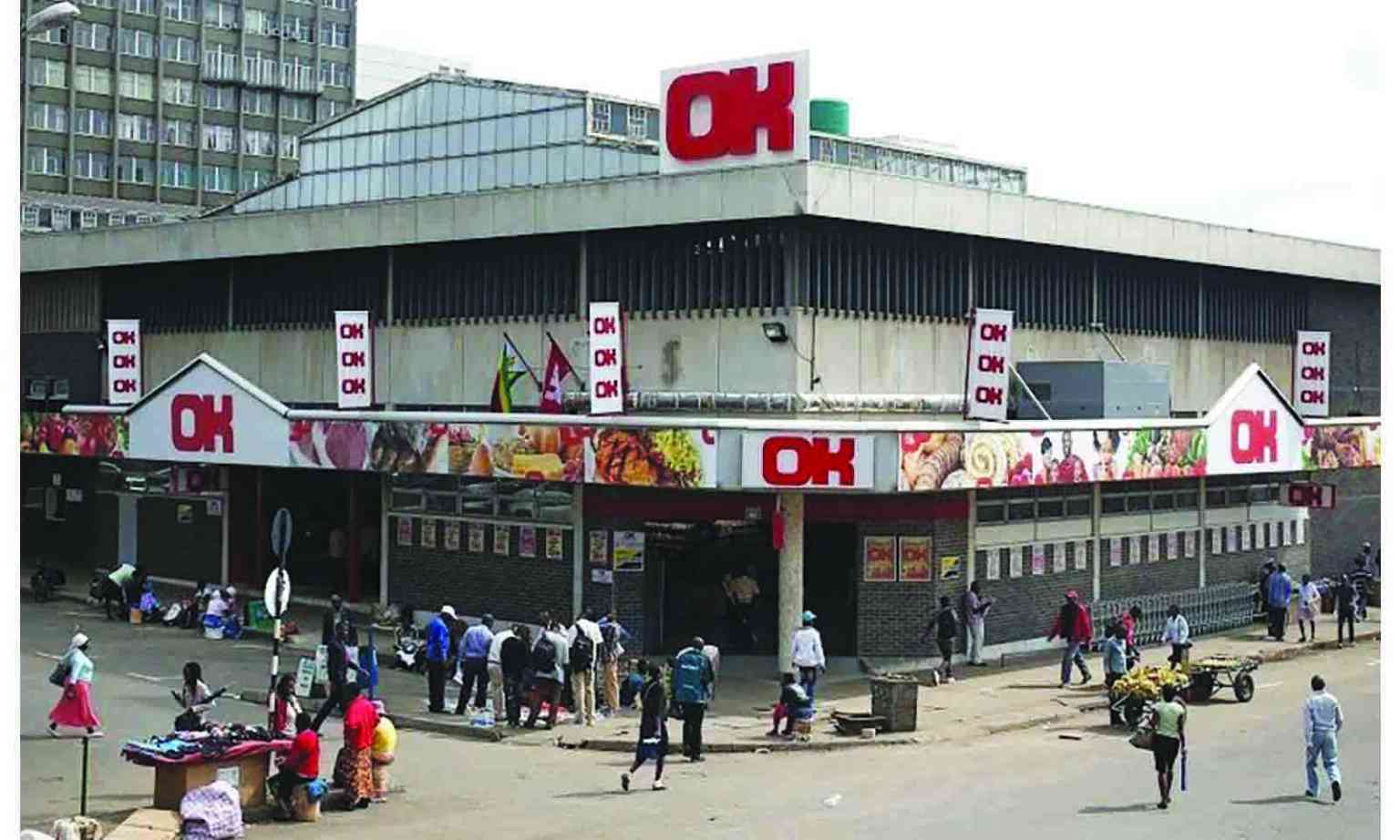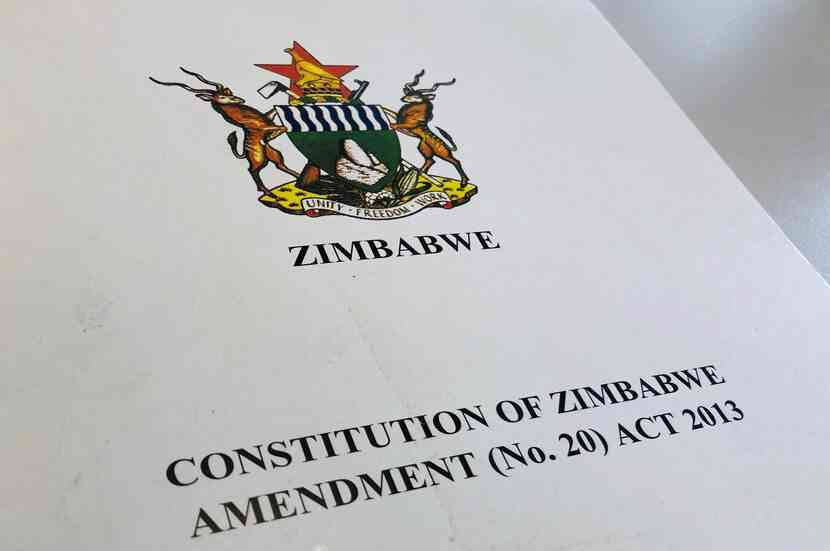
THE arrival of global hospitality giant Accor in Zimbabwe’s tourism sector is a significant and encouraging development.
The company’s recent signing of the Novotel Victoria Falls, a 111-room hotel set to open in 2028, marks a major vote of confidence in the country’s tourism potential.
Located at one of the world’s most breath-taking natural wonders — a Unesco World Heritage Site and one of the Seven Natural Wonders — the project, developed in partnership with Eagle Real Estate Investment Trust (Eagle REIT), underscores growing appeal to international investors.
This follows closely on the heels of Radisson’s entry into the market, with a luxury hotel underway in Harare through a partnership with WestProp Holdings. Meanwhile, Hyatt Hotels Corporation has already established its presence with the Hyatt Regency Harare The Meikles.
These investments are critical in addressing Zimbabwe’s accommodation deficit, a long-standing barrier to tourism growth. More importantly, they signal that the country is gradually being recognised as a viable destination for high-end hospitality ventures. However, while these developments are commendable, they must be matched by urgent improvements in infrastructure — particularly transport.
Zimbabwe’s road network, especially key tourist routes such as the Bulawayo-Victoria Falls highway, is in a deplorable state. This vital corridor, linking the country to its prime tourist attraction, is riddled with potholes, creating a poor first impression for visitors.
If Zimbabwe is serious about competing with regional rivals such as South Africa, Zambia, and Botswana, fixing these roads must be prioritised. Rail and air connectivity are equally critical. The National Railways of Zimbabwe has long been a shadow of its former self, yet a functional rail system could revolutionise travel for both tourists and cargo.
Similarly, airports servicing major tourist hubs need upgrades to handle increased international traffic. Without these improvements, the benefits of new hotels may be undermined by the frustrations of getting to them. Infrastructure alone is not enough.
- MPs are ignorant: Charamba
- Malawi chiefs shut down Chinese owned mines
- Malawi chiefs shut down Chinese owned mines
- NRZ demands stiffer penalties
Keep Reading
Zimbabwe must actively rebrand itself as a competitive destination. This means consistent collaboration with global tourism players, learning from successful markets, and investing in aggressive marketing campaigns. The “Zimbabwe is Open for Business” mantra must translate into tangible policies that attract, rather than deter, investment.
One major hurdle is the country’s taxation regime. The tourism sector is burdened with levies that make travel unnecessarily expensive compared to regional competitors. A streamlined, investor-friendly tax structure would help hospitality businesses thrive.
Additionally, licensing processes should be simplified to avoid bureaucratic bottlenecks that frustrate potential investors.
Another pressing issue is digital payment systems. Many tourism operators still struggle with limited international transaction capabilities, a major inconvenience in an increasingly cashless global economy. Adopting seamless digital payment solutions should be a priority to enhance visitor convenience. The post-Covid-19 travel landscape has shifted, with millennials and Gen-Z travellers prioritising unique experiences, sustainability, and seamless digital integration.
Zimbabwe must adapt by developing new tourism products — adventure tourism, eco-lodges, and cultural experiences — while ensuring world-class service standards.











